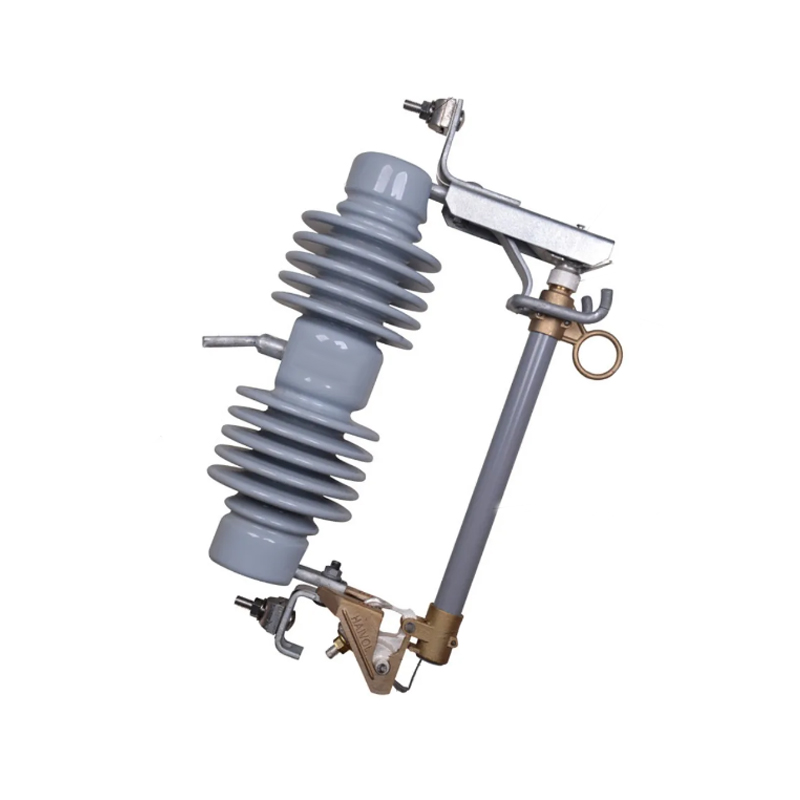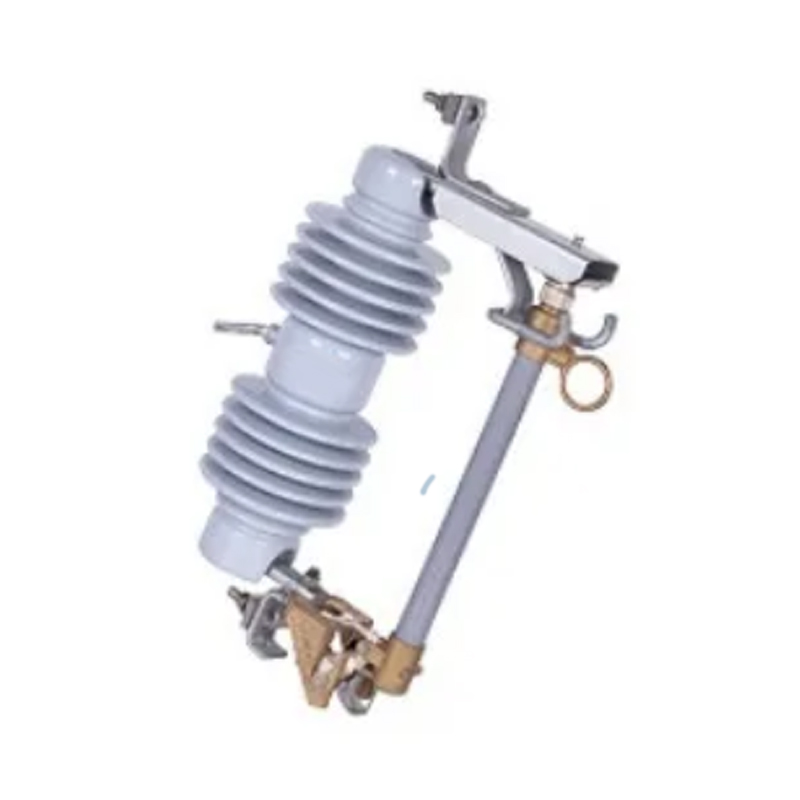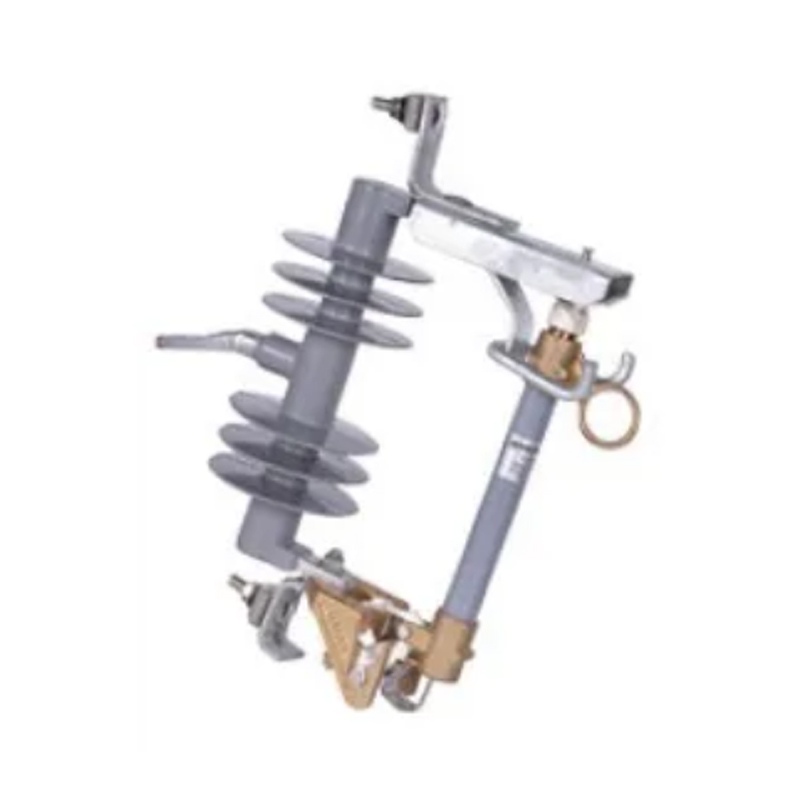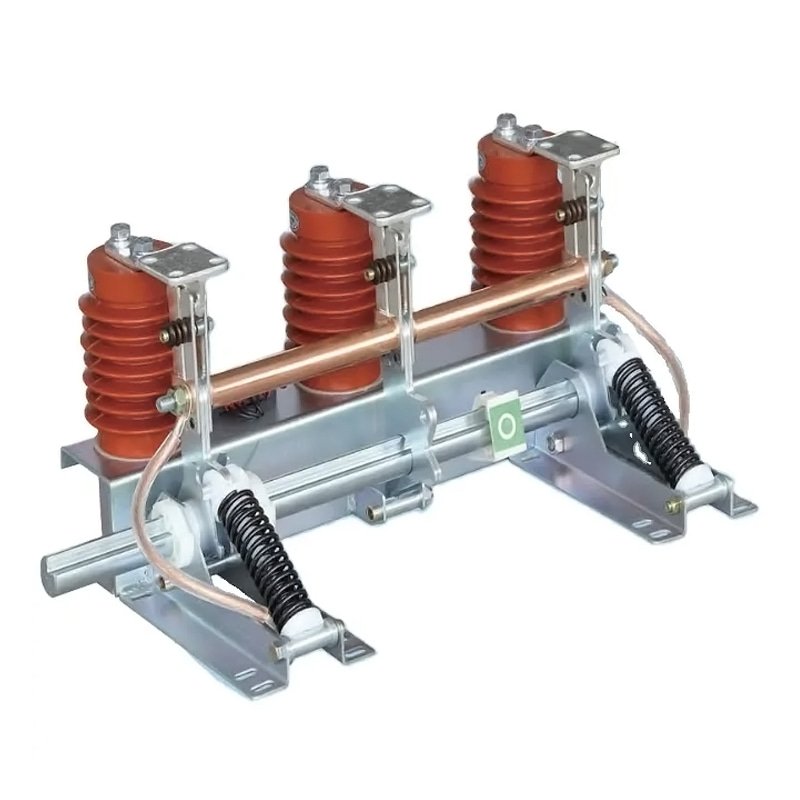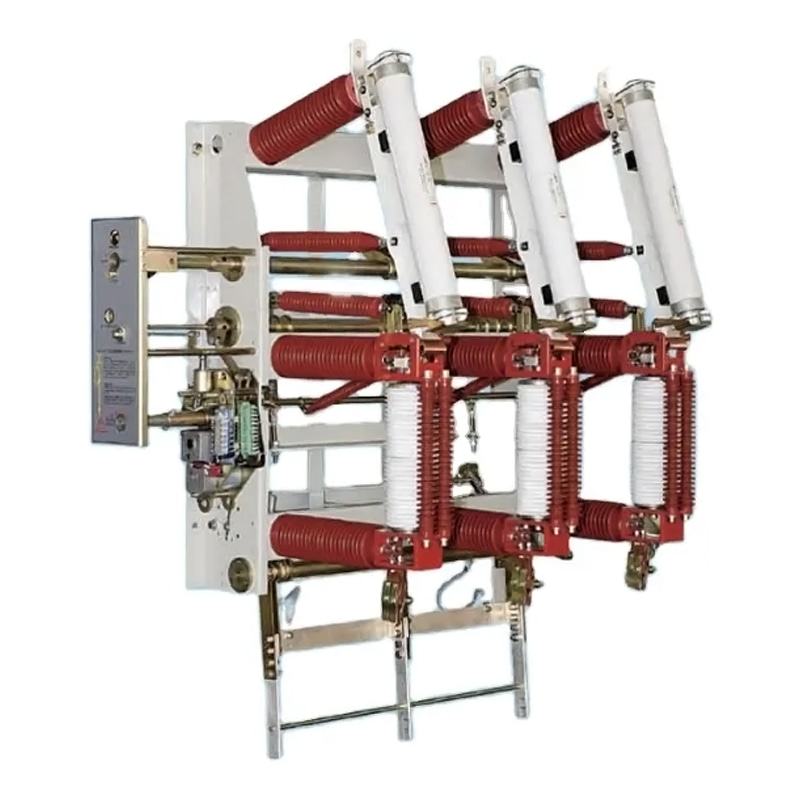A DC battery circulator is an essential component in solar power systems, particularly in setups involving battery storage. Its primary function is to regulate the flow of electrical current between the solar panels, the battery, and the load. This regulation ensures that the battery charges and discharges at appropriate rates, maintaining the longevity and efficiency of the energy storage system.
The circulator operates by directing the flow of DC (direct current) from the solar panels to the battery when charging, and from the battery to the load when discharging. This seamless transfer is vital for maintaining a consistent energy supply, especially in off-grid systems or during periods of low sunlight. By managing the flow of electricity, the DC battery circulator prevents overcharging and deep discharging, which can damage batteries and reduce their lifespan.
A solar isolator, also known as a solar disconnect switch, is a device that allows for the safe disconnection of the solar panels from the rest of the system. This feature is particularly important for maintenance and emergency situations. The isolator ensures that the photovoltaic (PV) panels can be safely isolated from the inverter and other electrical components, preventing the risk of electric shock and facilitating safe repair work.
Solar isolators are typically installed between the solar array and the inverter. They are designed to handle the high voltage and current generated by the PV panels, providing a reliable means of disconnecting the system. This capability is crucial for compliance with safety regulations and standards in solar installations.
The integration of a DC battery circulator with a solar isolator in a solar power system brings several benefits. Firstly, it enhances the overall safety of the system. The isolator provides a reliable method to disconnect the solar array, ensuring that maintenance and emergency procedures can be carried out without risk of electrical hazards. This is particularly important in large-scale installations where multiple panels and batteries are involved.
Secondly, the combination of these two devices improves the efficiency and longevity of the battery storage system. The DC battery circulator ensures that the batteries are charged and discharged at good rates, preventing damage and extending their operational life. This is crucial for maintaining a reliable energy supply and reducing the need for frequent battery replacements, which can be costly and environmentally taxing.
Additionally, the integrated system provides better control over energy flow. By managing the interaction between the solar panels, batteries, and load, the DC battery circulator helps optimize the use of generated solar power. This leads to improved energy efficiency, reducing waste and big the use of available solar energy.
When selecting and installing a DC battery circulator solar isolator, there are several practical considerations to keep in mind. The capacity of the circulator and isolator should match the specifications of the solar power system. This includes the voltage and current ratings, which must be capable of handling the big output of the solar panels and the storage capacity of the batteries.
Quality and reliability are also paramount. Choosing components from reputable manufacturers ensures that the devices will perform as expected and have a longer lifespan. Additionally, compliance with relevant safety standards and certifications is essential to ensure the system's safety and legal compliance.
Proper installation is crucial for the effective operation of these devices. It is recommended to have a qualified professional handle the installation to ensure that all connections are secure and that the system is configured correctly. Regular maintenance and inspections are also important to ensure the continued safe and efficient operation of the system.
The field of solar energy technology is continually evolving, and advancements in DC battery circulators and solar isolators are no exception. Innovations are focused on improving the efficiency, reliability, and safety of these devices. For instance, there is ongoing research into developing more efficient power electronics that can handle higher currents and voltages with reduced losses.



 English
English русский
русский عربى
عربى